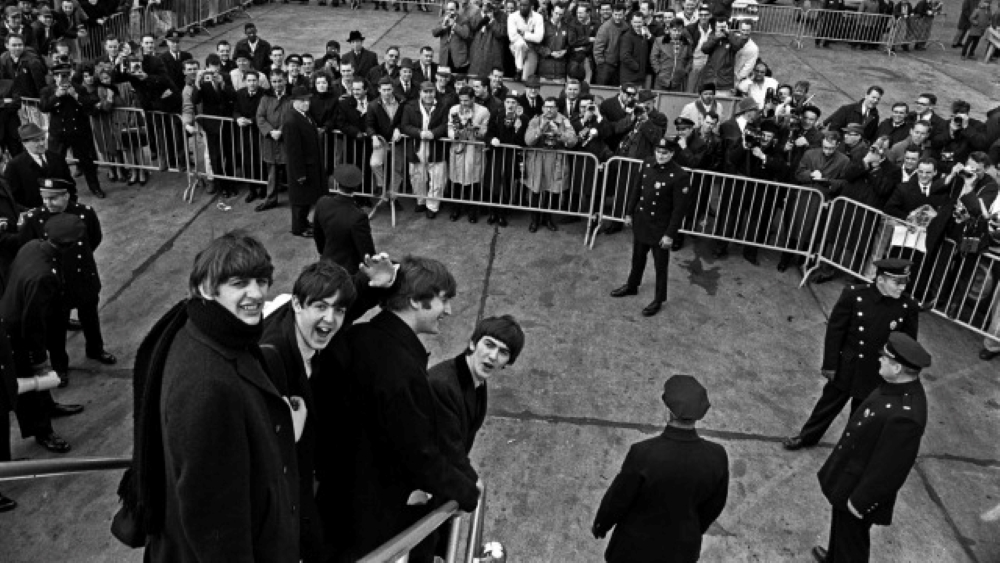Artificial Intelligence and COVID May Lead to Growth in America’s Recreation Industry

Artificial Intelligence is simplifying life. Finding information is easier than ever, computers know what we want to do, Alexa keeps track of your alarms and reminders, and in the coming years you may not drive your car or vacuum your home. So, what will be the purpose of our life? My hypothesis is that the simplification AI is bringing, and the trauma of isolation due to COVID is going to lead to Americans finding purpose in arts, recreation, and entertainment.
Viktor Frankl, in his book ‘Man’s Search for Meaning’ wrote that happiness cannot be pursued. It must ensue. Happiness is a side effect of being driven towards a goal. This is a truth known for centuries. However, if Artificial Intelligence is going to take over our work, we will have lesser things to derive meaning from. And humans will invest more in finding meaningful work through football games, social media, or Dave and Busters.
My assumption here is that AI is going to be successful in simplifying life. Alexa will provide significant productivity boost, self-driving cars will exist, and Roombas will work just fine. However, if technology does not eliminate problems like climate change or income inequality, these challenges will become the driving forces of our economies.
Another factor that will determine growth of the arts, recreation, and entertainment industry is the overall economic development. If the amount of free cash in American households increases, the amount of spending towards these industries will grow. If every American household has access to food, shelter, clothing, education, sanitation, and healthcare, along with money and time, they will spend it on having fun. After the World War II, as the economies grew and every household had electricity, we saw the rise of the Beatles, football, basketball, TV and so much more. This trend may be catalyzed as Artificial Intelligence develops.
In this article, I am missing numbers. The next steps are further evaluating my hypothesis with numbers such as the amount of increase in free time, free cash, and studying historic growth in the entertainment industry especially after World War II. Unfortunately, finding relevant numbers is more challenging than I expected.
References
- Lau, Theodora (Theo). “When AI Becomes a Part of Our Daily Lives.” Harvard Business Review, 23 May 2019. hbr.org, https://hbr.org/2019/05/when-ai-becomes-a-part-of-our-daily-lives.
- Lufkin, Bryan. 50 Grand Challenges for the 21st Century. https://www.bbc.com/future/article/20170331-50-grand-challenges-for-the-21st-century. Accessed 12 Aug. 2022.
- Troncoso, Kimberly. Arts, Entertainment and Recreation in the USA. Aug. 2022.
